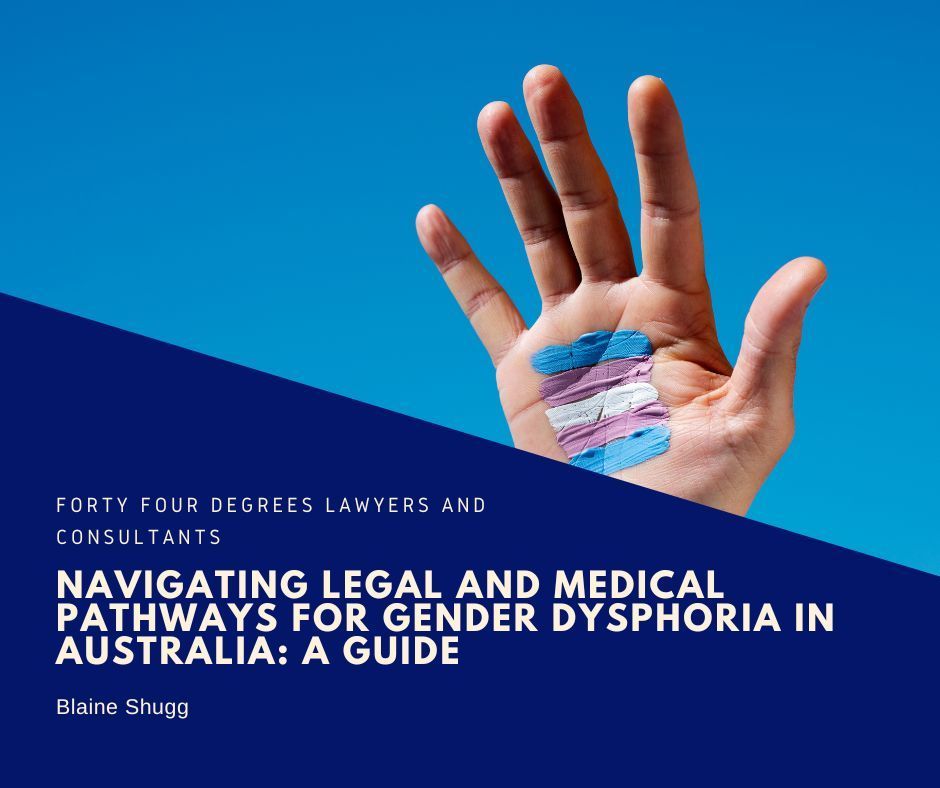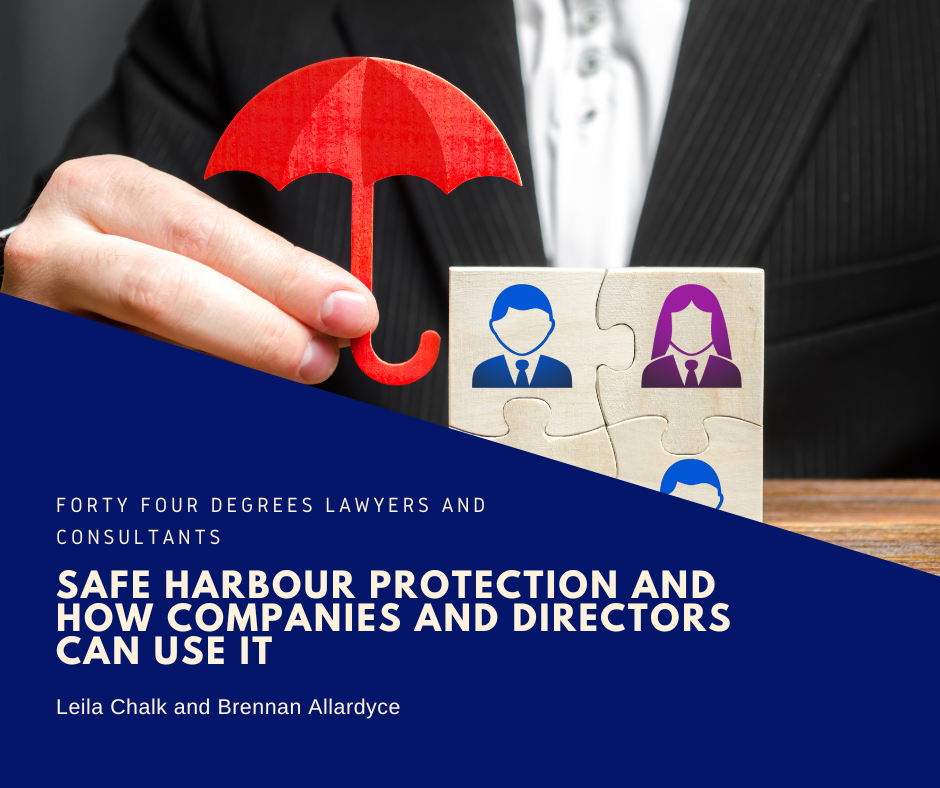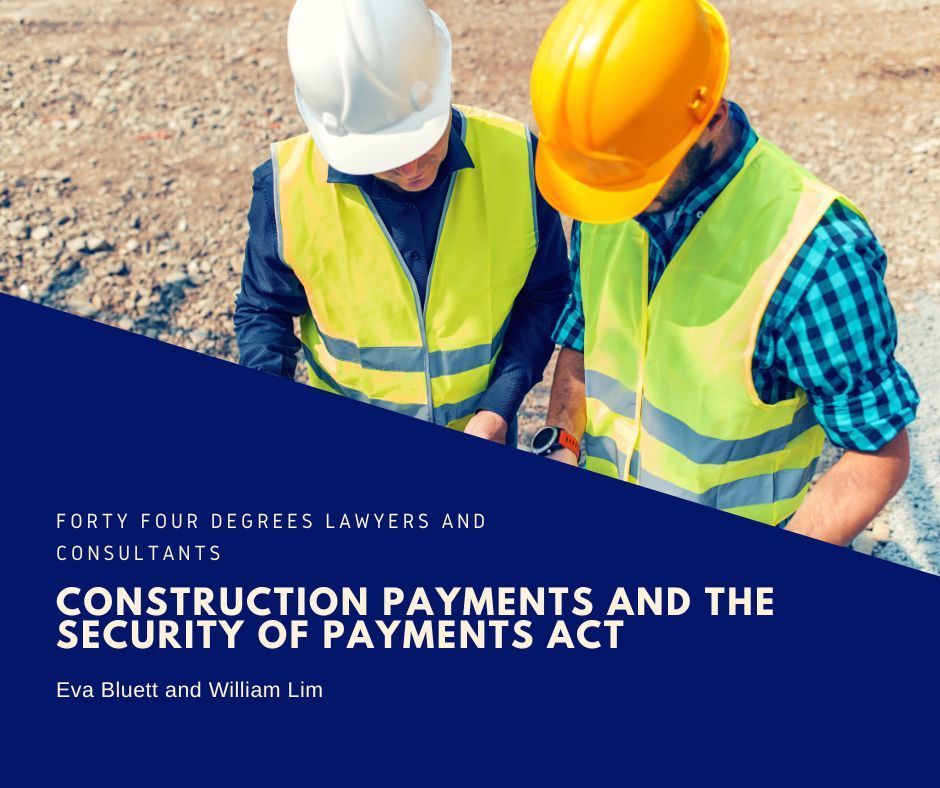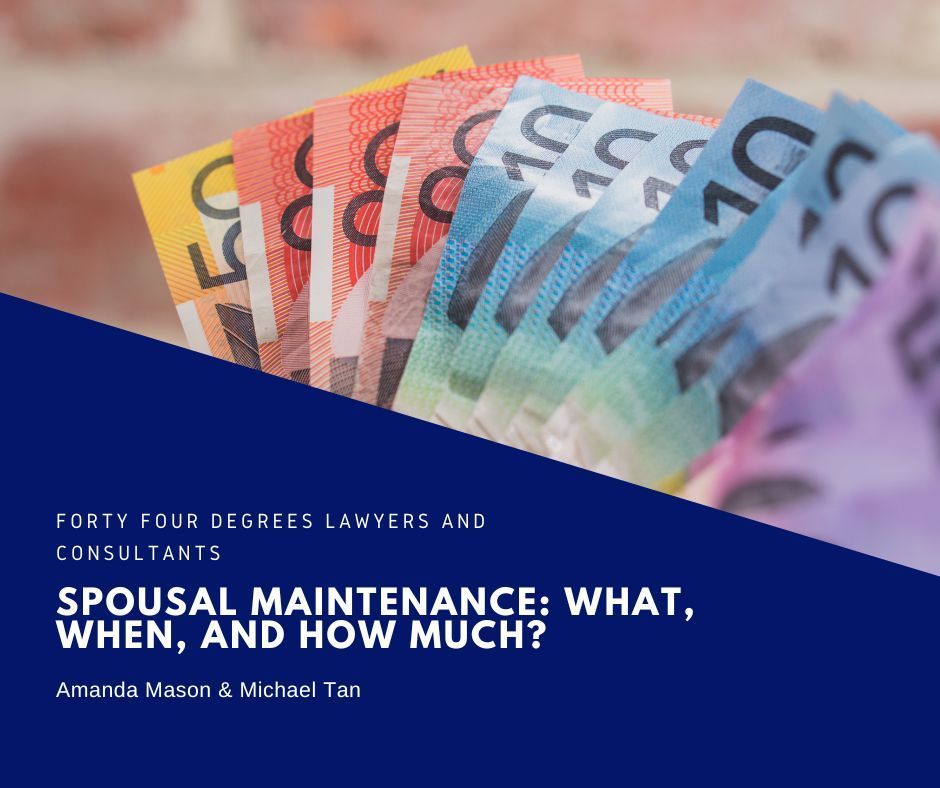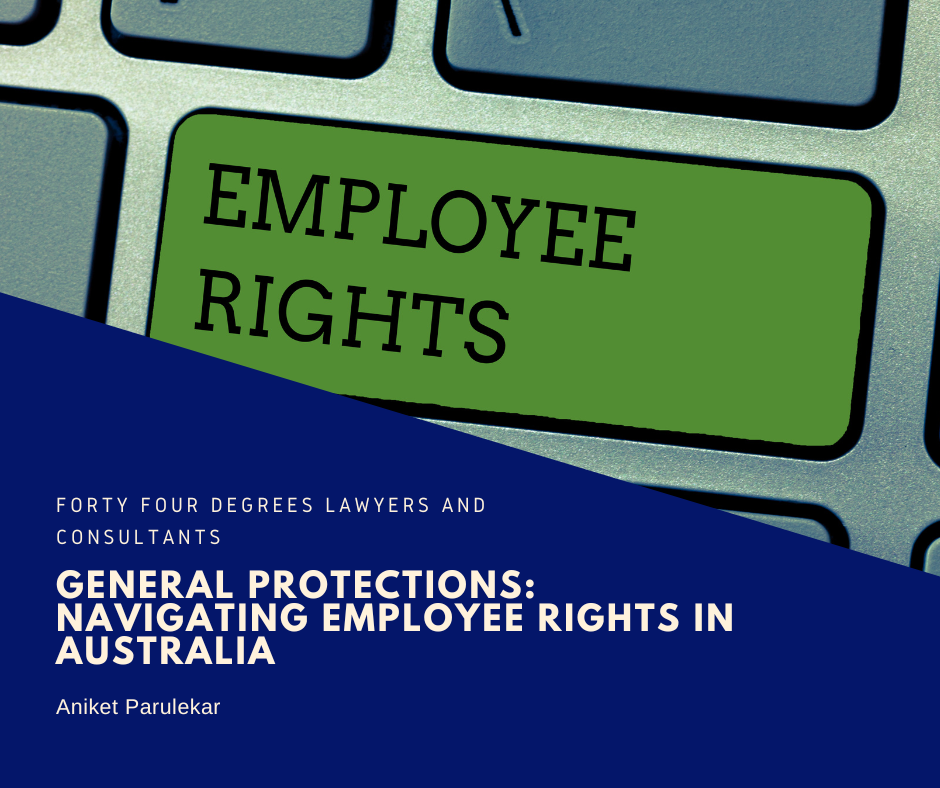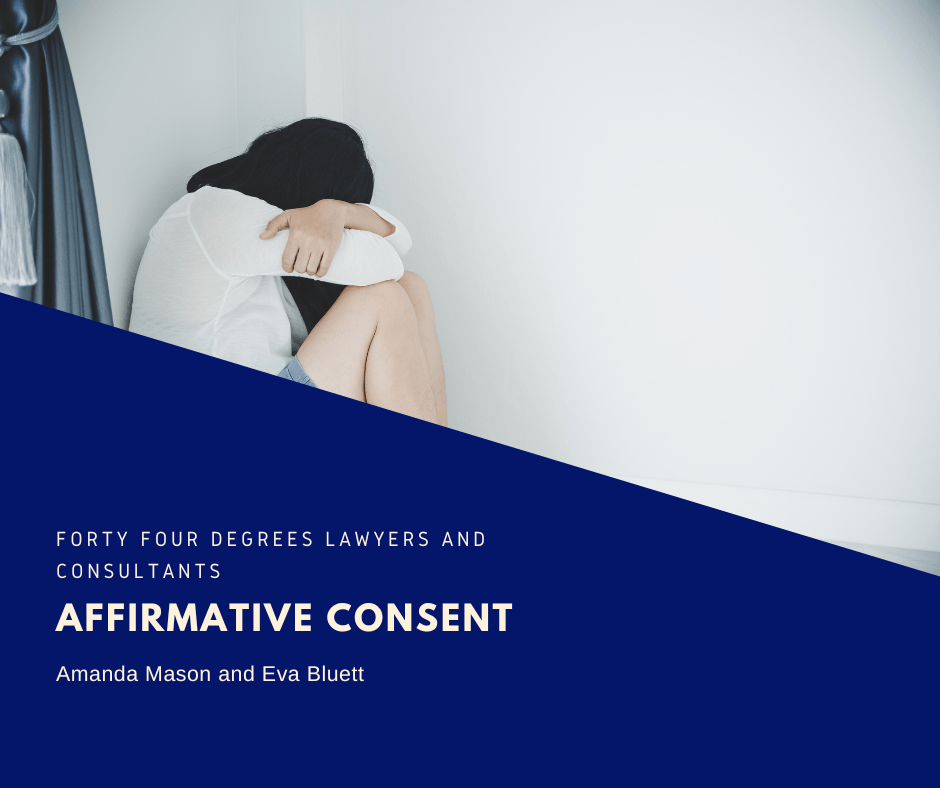The Sex Offender Register in Victoria: What, Why, and Who?
How the Sex Offender Register works in Victoria, what is its purpose, and who can be placed on it?

For some offences, judges retain discretion about whether an offender must be registered on the Sex Offender Register.
1. What is the Sex Offender Register?
The Sex Offender Register is a police database (which is not publicly available in Victoria) where registered offenders’ personal details are stored (s 14 of the Sex Offenders Registration Act 2004 (Vic)).
The Register imposes reporting obligations on registered offenders which must be complied with to avoid statutory penalties such as imprisonment (ss 6 and 46 of the Sex Offenders Registration Act 2004 (Vic)). Examples include reporting contact with children, travel plans, and their internet service provider.
The Register also imposes a blanket prohibition of child related employment (s 68 of the Sex Offenders Registration Act 2004 (Vic)).
2. What are the purposes of the register?
The purpose of the Register is to help police monitor and obtain intelligence on sex offenders in the community through surveillance. Therefore, it acts as a law enforcement resource because sex offenders are obliged to report details and update their circumstances to police, allowing police to investigate and prosecute child sex offenders.
The strict reporting obligations are also designed to deter offenders from reoffending. By tracking sex offenders and reducing recidivism, the Register is intended to provide victims, their families, and the general public with a sense of safety.
3. Who faces automatic registration and for how long?
A sex offender who faces automatic registration is an adult who is convicted of a class 1 or class 2 offence (ss 6 and 7 of the Sex Offenders Registration Act 2004 (Vic)).
- A class 1 offence includes sexual penetration of a child under 18 years of age (e.g., rape, incest).
- A class 2 offence includes sexual offences (excluding sexual penetration) involving a child under 18 years of age (e.g. sexual assault, assault with intent to rape, indecent acts with a child, possession of child pornography, child prostitution).
The length of time a sex offender is on the register depends on the type (measured by severity) and number of offences (s 34 of the Sex Offenders Registration Act 2004 (Vic)).
Mandatory lifetime registration: adult convicted of two or more class 1 offences, or convicted of three or more class 2 offences.
15 years registration: adult convicted of one class 1 offence, or two class 2 offences.
8 years registration: adult convicted of one class 2 offence.
4. Who is exempt from automatic registration?
In these three situations, registration is at the court’s discretion.
- Adults convicted of class 3 offences (sexual penetration of an adult) or class 4 offences (non-sexual penetration offences, such as sexual assault, of an adult)
- Child (under 18 years old) convicted of a sexual offence
- 18 or 19 year old convicted of a class 1 or class 2 sexual offence.
(Sex Offenders Registration Amendment (Miscellaneous) Act 2017 (Vic) – inserting of s 11A (1)(b) in the Sex Offenders Registration Act 2004)
5. How does the court decide whether to put a sex offender on the register?
Where discretion exists, the judge must be satisfied beyond reasonable doubt that the offender does not pose a risk to the sexual safety of anyone in the community (s 11(3) of the Sex Offenders Registration Act 2004 (Vic)).
Factors the court commonly takes into consideration are:
- the seriousness of the offence/s committed
- the age of the offender and victim when the offence was committed
- whether the victim has a cognitive impairment
- the nature of the relationship between the offender and the victim
Questions? If you have any questions regarding potential or existing registration on the Sex Offender Register, do not hesitate to contact Forty Four Degrees to discuss how we can assist you - 1300 892 237
Contact Us
We’re an Australian Law Firm promoting a nuanced, personal touch. We have the skills you need to resolve your case quickly and with a positive outcome. Our straight talking team stays close to simplify what is most often a complicated process. We help individuals and businesses with technology and startup law, property law including conveyancing and leasing, commercial law, civil litigation, wills, estates, bankruptcy, insolvency, criminal law, and professionals facing investigations and charges from their regulatory body.
We have a connected network of talented lawyers in Melbourne CBD, Dandenong, Ballarat, and Ivanhoe East.
Fill out the form or call us on 1300 892 237.
We will get back to you as soon as possible
Oops, there was an error sending your message.
Please try again later or call us on 1300 892 237.

